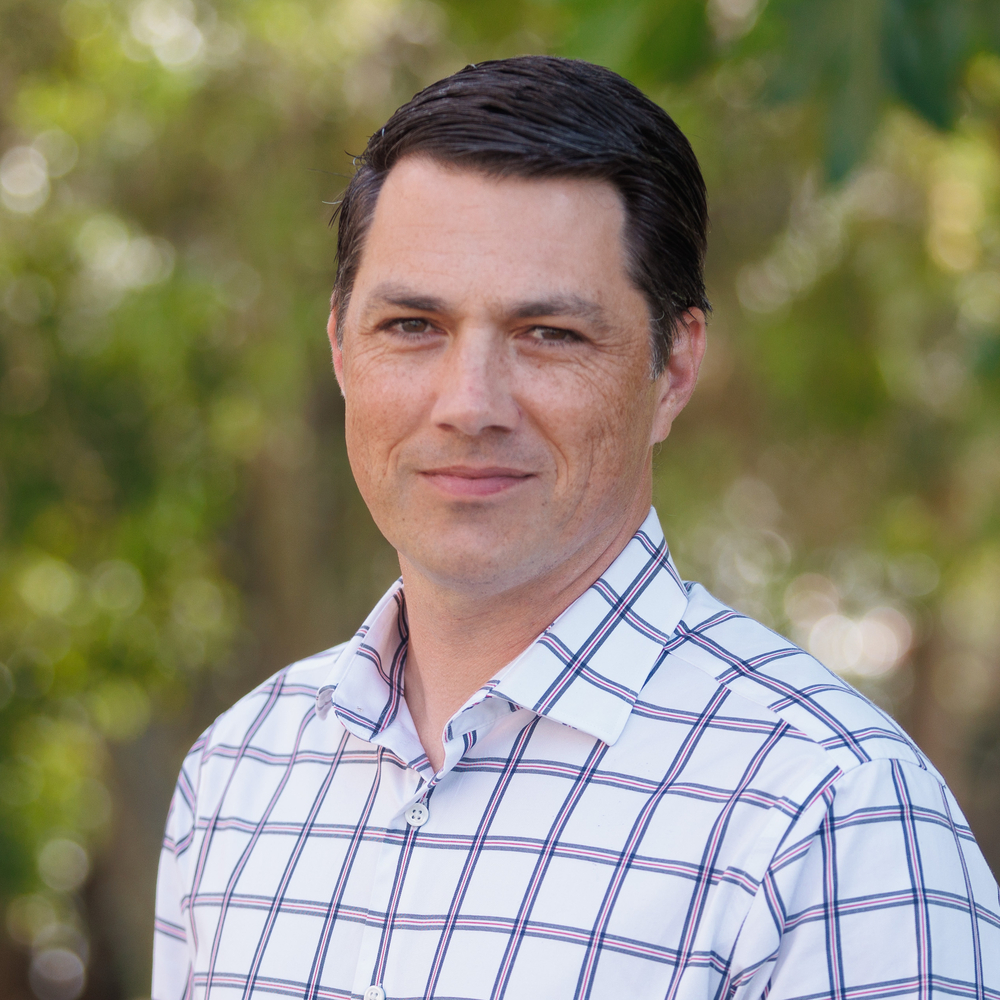
A new treatment for preventing lung disease in extremely preterm babies
Premature babies and lung disease
Around 500 babies are born extremely premature in New Zealand every year. Over 50% of these babies will develop bronchopulmonary dysplasia — a lung disease that increases the risk of many other medical conditions. But researchers from around New Zealand are working on a new treatment to help premature babies — and their families — breathe a little easier.
What is bronchopulmonary dysplasia?
Advances in medical technology mean preterm infants are now surviving from as early as 22 weeks. ‘Preterm’ babies are born before 37 weeks of pregnancy, and ‘extremely preterm’ babies are born before 28 weeks.
In New Zealand, around 500 babies are born extremely preterm every year. But even with the best neonatal technology available, extremely preterm infants have a high risk of developing significant medical complications. One such complication is bronchopulmonary dysplasia (BPD) — a chronic (ongoing) lung disease that develops in over 50% of extremely preterm infants.
When babies are born before 28 weeks, they often require mechanical ventilation (a machine that helps the baby breathe) and long-term oxygen. BPD results from damage to the lungs caused by this life-saving equipment. While not all babies who require mechanical ventilation or long-term oxygen will develop BPD, those who do will have a higher risk of ongoing medical complications, including cerebral palsy, developmental delay, behavioural issues, and an increased vulnerability to lung infections.
A new way forward
“The survival of extremely preterm infants has been steadily improving,” says Dr Chris McKinlay, a neonatologist at Counties Manukau Health and Associate Professor at the University of Auckland, “but severe preterm lung disease, or BPD, has been getting worse. Finding ways to protect and support lung development in extremely preterm babies is a research priority in neonatal care.”
Being a neonatologist, Dr McKinlay is well aware of the ongoing health consequences of BPD. “This includes,” says Dr McKinlay, “longer hospital admission, poorer feeding and growth, more frequent readmission in infancy with respiratory illnesses, and higher rates of developmental delay . . . BPD is also associated with more asthma and learning difficulties . . . and there are greater burdens for families with additional health care costs.”
Dr McKinlay, along with neonatal specialists from around New Zealand and Australia, has been investigating a new way of giving corticosteroids to babies to prevent the development of BPD. “Corticosteroids help to prevent BPD by reducing inflammation in the lung and promoting lung development,” says Dr McKinlay, “however, giving high doses of corticosteroids to babies orally or by an intravenous line has many side effects. The PLUSS trial, which is underway and nearing completion, is looking at a new way of giving corticosteroids to preterm babies by administering it directly into the lungs where it is needed, allowing us to use much smaller doses.”
Simple and cost-effective
The PLUSS trial has the potential to significantly alter the lives of babies who are born extremely premature. “To understand if the treatment works and is safe,” says Dr McKinlay, “we need to follow-up the infants when they are older to assess development and lung health. This Cure Kids Project Grant will support the follow-up of PLUSS children in New Zealand.”
If the treatment works, it may also reduce financial burden on the New Zealand healthcare system — freeing up funding for other patient needs. “The PLUSS trial intervention is simple and cheap,” explains Dr McKinlay “costing less than $2 per treatment. If successful, it will not only improve the health of thousands of preterm babies every year but will also reduce hospital costs.”
How you can help
It is only through the generous contributions of people like you that Cure Kids can continue to fund vital research. The PLUSS trial was one of nine research initiatives chosen to receive a Project Grant from Cure Kids in 2021.
For 50 years, Cure Kids has been committed to enabling research that transforms children’s health in New Zealand – but we need your help. Find out how you can become a Cure Kids donor today.

Help fund our big research.
Every bit helps.
